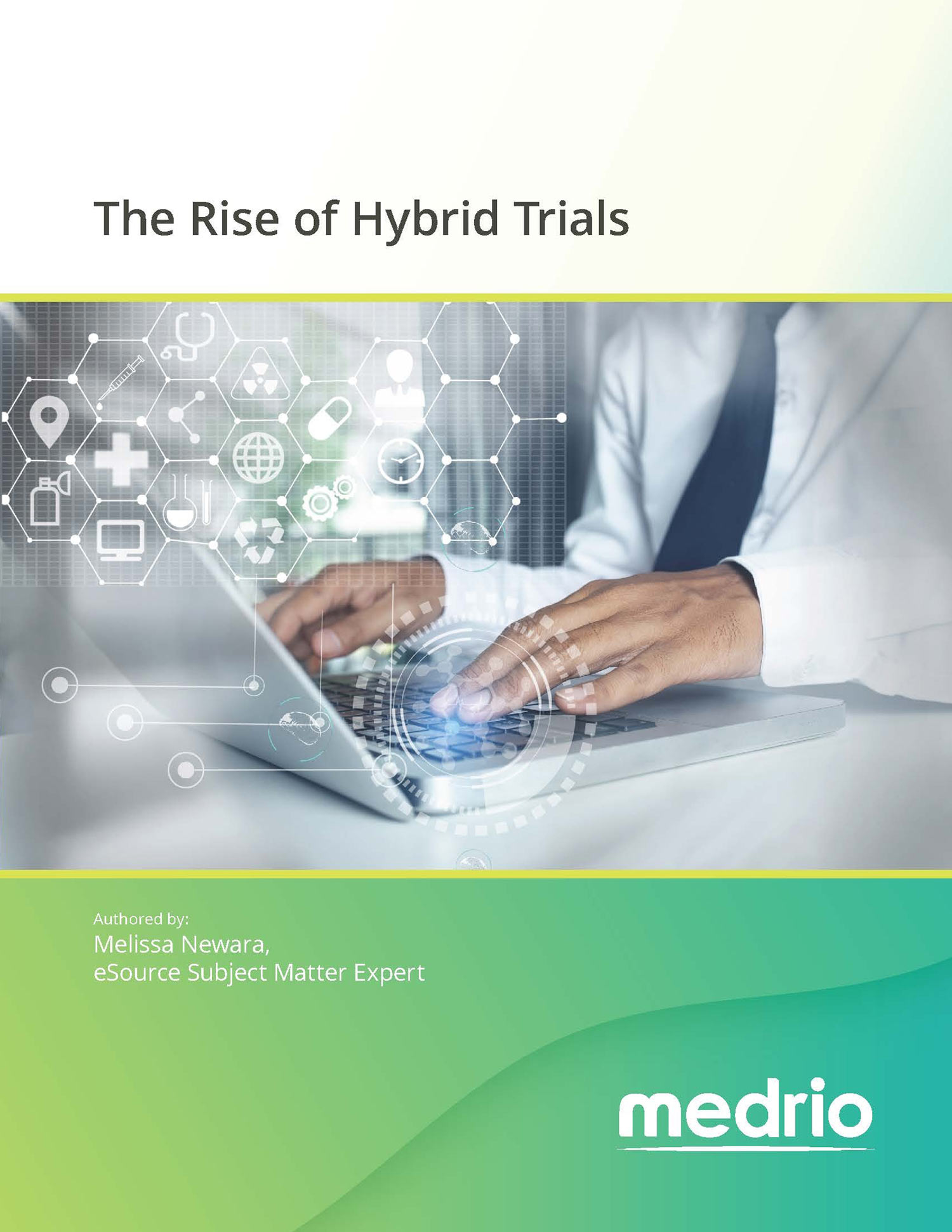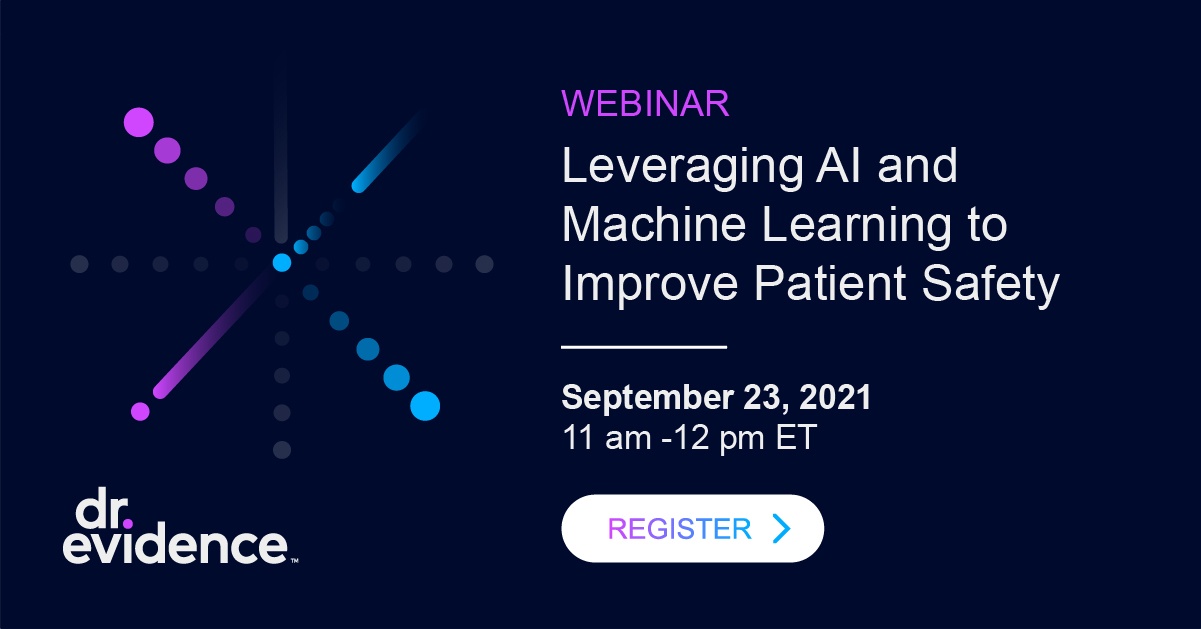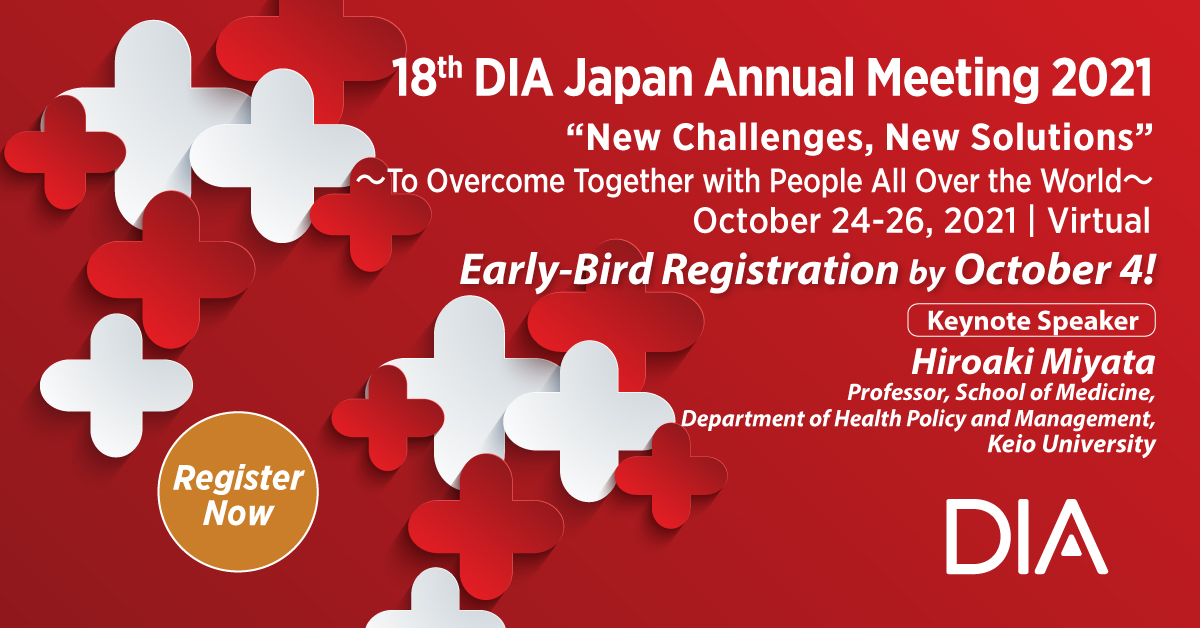Table of Contents
EXECUTIVE LEADERSHIP
Subscribe
Love Global Forum‘s new online format? Subscribe today and never miss an issue.
Editorial Board
Content stream editors
Gary Kelloff US National Institutes of Health
David Parkinson ESSA Pharma, Inc.
regulatory science
Isaac Rodriguez-Chavez ICON plc
Patient engagement
Trishna Bharadia Patient Advocate and Media Contributor
Mary Stober Murray National Minority Quality Forum
VALUE AND ACCESS
Monika Schneider Shionogi
Editorial Staff
Sandra Blumenrath, Managing Editor, Scientific Publications DIA Scientific Communications
Chris M. Slawecki, Senior Digital Copyeditor DIA Scientific Communications
Regional Editors
David Mukanga Bill and Melinda Gates Foundation
ASEAN
Jin Shun Sandoz
AUSTRALIA/NEW ZEALAND
Richard Day University of New South Wales, Medicine, St. Vincent’s Hospital
CANADA
Judith Glennie JL Glennie Consulting, Inc.
CHINA
Ling Su Shenyang Pharmaceutical University, Lilly Asia Ventures
Europe
Thomas Kühler Sanofi R&D
INDIA
J. Vijay Venkatraman Oviya MedSafe
JAPAN
Ozawa Goshi Real World Data Co. Ltd.
LATIN AMERICA
Cammilla Gomes Roche
USA
Ebony Dashiell-Aje BioMarin
Young Professionals Editors
Saloni Patel Acorda Therapeutics
DIA Membership
Bringing together stakeholders for the betterment of global health care.
Part 1: Pathway for a Novel Therapeutic
Halloran Consulting Group
he COVID-19 pandemic has put the FDA guidance on Emergency Use Authorization to a new test. Both sponsor companies developing new therapeutics and the FDA itself have had to find new and innovative ways to rapidly make therapeutics, vaccines, diagnostics, and devices available to combat the public health emergency. Even though speed has been of the essence, no sacrifices were made to maintain solid, data-based standards to ensure both the safety and efficacy of these novel treatments. This two-part series describes how therapeutics (drugs or biologics) have navigated this novel path to bring aid to respond to the current public health crisis.
compelling but underappreciated hallmark of cancer is its pattern of growth. Cancers do not grow exponentially as they would were growth cellular autonomous. Rather, their growth follows sigmoid (“S” shaped) curves. As described in our article published in the August 2021 issue of Global Forum, this fact has been shown to be helpful in the design of effective anticancer chemotherapy regimens, as illustrated by the treatment of primary breast cancer. But what is the etiology of sigmoid growth? And can explorations of this question be used to improve the application of novel anticancer therapeutics, especially the antibody-drug conjugates (ADCs), which differ mechanistically from chemotherapy in several key respects?
White Paper
White Paper
This paper defines what a hybrid trial is, how it utilizes decentralized technologies, and the reason for mainstream adoption of hybrid clinical trials.
The Spark Global
atient engagement can come in different forms and serve different purposes. The COVID-19 pandemic has highlighted just how important it is to bring patients into the medicines development lifecycle, not only as clinical trial participants but as active collaborators in how the lifecycle is shaped. While many factors for effective engagement are common both during normal times and during a pandemic, the pandemic has brought to light some specifics. This article offers practical advice and tips from the perspective of patients as to how stakeholders involved in clinical research, specifically the pharmaceutical industry, academic institutions, and public bodies, like the National Institute for Health Research (NIHR) in the United Kingdom, can continue to embed the patient voice in the medicines development lifecycle despite the challenges posed by the pandemic.
ood randomized controlled trials (RCTs) play a central role in generating the evidence needed to inform the development and implementation of health interventions. However, useful evidence from good RCTs is often lacking. This can be because the RCTs were never done, because those that were done failed to produce scientifically robust and clinically relevant answers, or because the results were never published.
The Good Clinical Trials Collaborative (GCTC) has developed a new guidance to promote and enable good RCTs. The inclusive and broad-based guidance, which is available in five languages, will help researchers make RCTs smarter and better inform healthcare strategies. The collaborative is currently seeking input to shape the guidance through a public consultation until September 30. We invite you to get involved and share this opportunity with any organizations or individuals with an interest in RCTs.
@SignantHealth
n recent years, we have seen enhanced emphasis on the importance of patient-reported outcome measures (PROM) collected in oncology clinical trials reflected by the FDA. Project Patient Voice, for example, was established to provide a mechanism to share patient-reported symptom data from cancer clinical trials with approved treatments to provide more information to patients and healthcare providers in treatment decision making.
FindMeCure Ltd.
ecentralized Clinical Trials (DCTs) can be an accelerator to increase patient diversity, recruitment, and engagement. The COVID-19 pandemic made decentralization not only a preference but also a necessity for many clinical trials globally whose operations were disrupted due to the complicated healthcare and logistical situation the pandemic caused.
Meeting Highlights: DIA Global Annual Meeting 2021
Meeting Highlights from DIA Global Annual Meeting 2021
Meeting Highlights: DIA Global Annual Meeting 2021
he declaration of a Public Health Emergency on January 31, 2020, by the US Department of Health and Human Services turned out to be only the first small ripple in what would become a global COVID-19 tsunami over the next 18 months. Since then, the US Food and Drug Administration (FDA) has played a central role in the US government’s frontline defense against SARS-CoV-2 and its variants. It has also been challenged in ways never anticipated throughout what Acting Commissioner Janet Woodcock called “a year like no other.”
Key Takeaways
- Through challenges of the pandemic, several new approaches emerged that likely should be sustained when the current public health crisis finally abates.
- FDA’s final guidance released in May 2021 on the design and implementation of COVID-19 master protocols can help get clinical research “out of the ivory tower and into communities,” making clinical trial participation a regular part of medical care.
- As the complexity and amount of data increase, the Technology Modernization Action Plan (TMAP) set out in late 2019 will help ensure that the FDA has proper and secure tools for data storage, access, and interoperability, as well as a central organization and platform structure to support them.
Meeting Highlights: DIA Global Annual Meeting 2021
ne of the unexpected impacts of the social isolation and distancing policies mandated during the COVID-19 pandemic has been growing interest in the use of real-world evidence (RWE), as an alternative or a complement to evidence provided by traditional randomized clinical trials (RCTs), for regulatory review and approval of therapeutic products.
Around the Globe
Cooperation Among ASEAN Drug Regulatory Authorities
National Pharmaceutical Regulatory Agency, Malaysia
Food and Drug Administration, Thailand
World Health Organization
World Health Organization
World Health Organization
he first steps toward harmonization of ASEAN pharmaceutical regulations started in 1992 through the establishment of the ASEAN Consultative Committee for Standards and Quality (ACCSQ). In 1999, the ACCSQ established a Pharmaceutical Product Working Group (PPWG).
![]() Podcasts
Podcasts
Around the Globe
reation of a National Pharmacare program has been a focus of the Federal Liberal government since their election in 2015. Various committees, reports, and government budget announcements have reiterated a commitment to National Pharmacare, although a specific path forward had yet to be articulated—until recently.
Around the Globe
Observations from a Multinational Pharmaceutical Company
Pfizer
Pfizer
uch has been written about the experience and learnings from a regulatory point of view during the COVID-19 pandemic. Large multinational innovative pharmaceutical companies developing COVID-19 vaccines and therapeutics, and supplying critical medicines, are experiencing this reality daily. The following practical actions were deployed by regulatory authorities and collectively experienced by industry to ensure the continued smooth functioning of regulatory systems during the pandemic. We propose that there is an imperative to continue to build on many of these actions to accelerate regulatory strengthening even further in international markets and to make some of these practices permanent.










